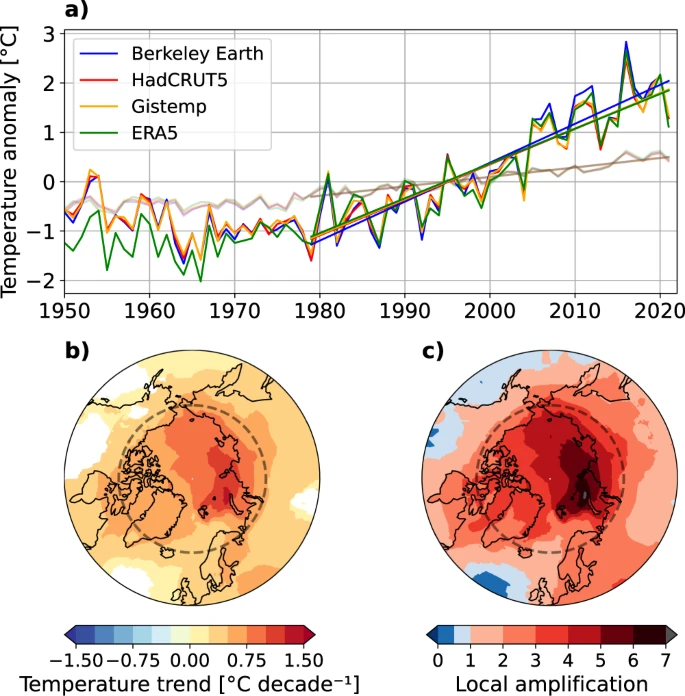“Global warming has not been uniform, with some regions warming at a far greater pace. One such region is the Arctic. A new study shows that the Arctic has warmed nearly four times faster.”
It is actually very difficult to judge the exact levels of sea rise for Sidmouth.
.
The recent cliff falls at Sidmouth have shown that there is indeed a link between local erosion and the global climate:
The impact of hot, dry weather on Sidmouth’s cliffs – Vision Group for Sidmouth
To what extent should these movements concern the Sidmouth Beach Management Plan? What should be the local response?
There has been further research on rising sea levels – with this from NASA out today:
Tracking 30 Years of Sea Level Rise
Should, then, the local planning authorities revisit the BMP? Or is there too much of the media pronouncing doom and gloom about the effects of climate change?
Matters are indeed both urgent and nuanced.
Prof Jonathan Bamber writes in today’s The Conversation that the Arctic is warming particularly fast – and that sea levels are going to rise considerably. Here’s the opening and close of the piece:
The Earth is approximately 1.1℃ warmer than it was at the start of the industrial revolution. That warming has not been uniform, with some regions warming at a far greater pace. One such region is the Arctic. A new study shows that the Arctic has warmed nearly four times faster than the rest of the world over the past 43 years. This means the Arctic is on average around 3℃ warmer than it was in 1980. This is alarming, because the Arctic contains sensitive and delicately balanced climate components that, if pushed too hard, will respond with global consequences…
Although there are some regional differences in the magnitude of Arctic amplification, the observed pace of Arctic warming is far higher than the models implied. This brings us perilously close to key climate thresholds that if passed will have global consequences. As anyone who works on these problems knows, what happens in the Arctic doesn’t stay in the Arctic.

Arctic is warming nearly four times faster than the rest of the world – new research
He was writing about this two years ago:
Siberia heatwave: why the Arctic is warming so much faster than the rest of the world
This is ‘polar amplification’:
Polar amplification – Wikipedia
Nature magazine reports today on the same research:
As pointed out by a local commentator, there will indeed be regional differences in the magnitude of Arctic amplification:
“… any rise will not happen equally across the world but be worse in some places than others.“
And so it is actually very difficult to judge the exact levels of sea rise for Sidmouth:
Beach Management Plan: splash barrier and sea level rises – Vision Group for Sidmouth
Here is an explanation as to why there are these regional differences happen:
The regional differences are caused by changes in many variables. For instance, there wind patterns change in annual and decadal scales. As wind changes, wind-driven ocean currents are modified, which modify sea level slopes (e.g., Gulf Stream causes sea elevations gradients). Temperature changes in the oceans are also spatially variable resulting in steric sea level changes (local difference in density and volume change). Additionally, with ice sheets melt, there are changes in pressure over the crust modifying sea level. Other very local effects such as earthquakes, groundwater extraction, and subsidence of the land will cause apparent change of sea level at that location.
In general, the areas near the poles have a negative trend (sea level is dropping, not rising) because of the Glacial Isostatic Adjustment (GIA) as the crust is still rebounding from the previous glaciation. In mid-latitudes, on the other hand the sea level rise rates are maximum. Of course, there are local effects because of many of the forcings mentioned above.